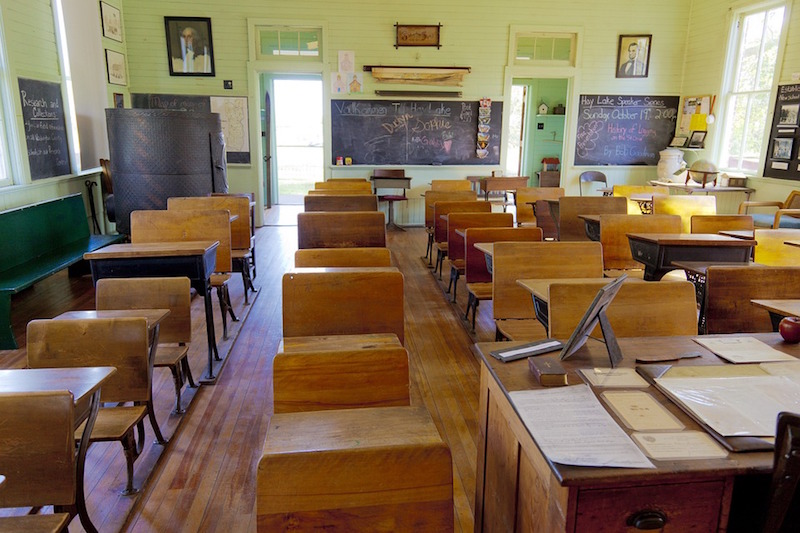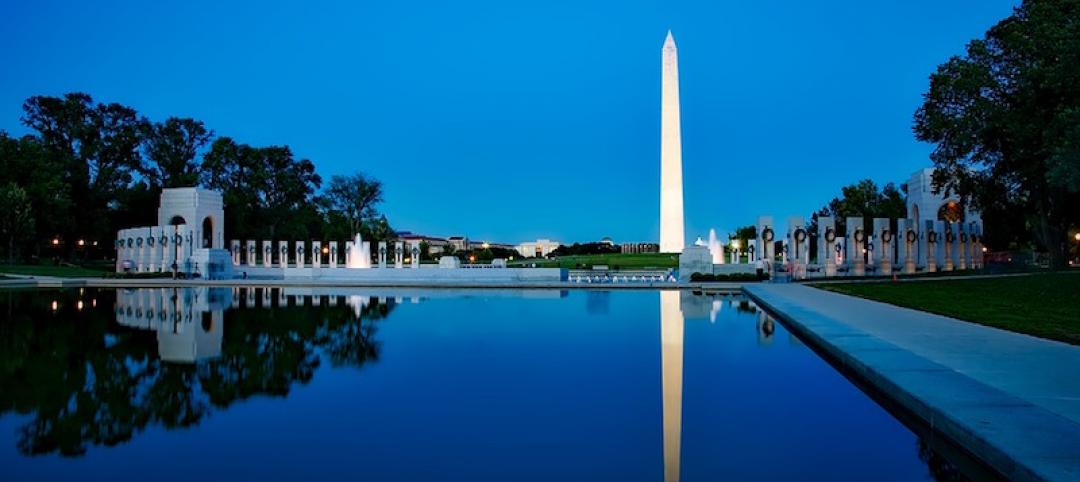The U.S. Department of Energy recently launched the zero energy schools accelerator, an effort to develop cost-competitive zero energy school design.
Six school districts, two states, and several national organizations are working collaboratively on the effort. DOE defines a zero energy building as “an energy-efficient building, where on a source energy basis, the actual delivered energy is less than or equal to the onsite renewable exported energy.”
The program’s goal is to quickly make Zero Energy K-12 schools more mainstream. Participating school districts commit to developing their own zero energy plans for a district project within a year. They can also engage with fellow states and school districts, and gain support from regional and national organizations.
Officials kicked off the program at a school in Arlington, Va., that features advanced next generation energy efficiency and renewable power features, including solar rooftop and geothermal heating and cooling systems. Zero Energy schools have the potential to save 65%-to-80% in energy consumption, depending on climate the zone, DoE says.
Related Stories
Codes and Standards | Sep 26, 2017
Anti-drone technology can ward off unauthorized drone flights
The technology can be used to prevent terrorist attacks and spying.
Codes and Standards | Sep 25, 2017
How-to guide to renovating shopping centers available
E.U. research project focuses on energy efficiency and occupant comfort.
Codes and Standards | Sep 21, 2017
After construction crane collapses during Irma, regulations questioned
Cranes rated for 140 mph winds didn’t hold up to 100 mph gusts.
Codes and Standards | Sep 20, 2017
Energy efficiency measures pay off in some not-so-obvious ways
Access to better financing, tax incentives, rent premiums, among the benefits to greener buildings.
Codes and Standards | Sep 19, 2017
Benchmarking regulations prompt jump in green certified properties
2016 saw a slight rise in total certified U.S. green office space.
Codes and Standards | Sep 18, 2017
Changes likely to come to federal wetlands regulations
However, states may step up regulations as feds relax them.
Codes and Standards | Sep 14, 2017
Gentrification means a new mindset for city planners
Rising rents elicit reexamination of zoning principles.
Codes and Standards | Sep 13, 2017
OSHA issues extension for compliance with crane operator certification requirements
Comments on proposed rule sought through Sept. 29.
Codes and Standards | Sep 12, 2017
Washington, D.C. is first LEED Platinum city in the world
All city government buildings are powered by renewables.
Codes and Standards | Sep 11, 2017
Natural solutions would be most effective flood resilience policies for Houston
New green infrastructure should be part of rebuild.
















